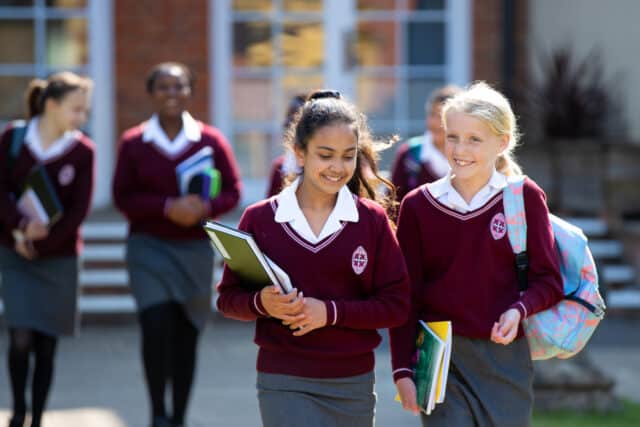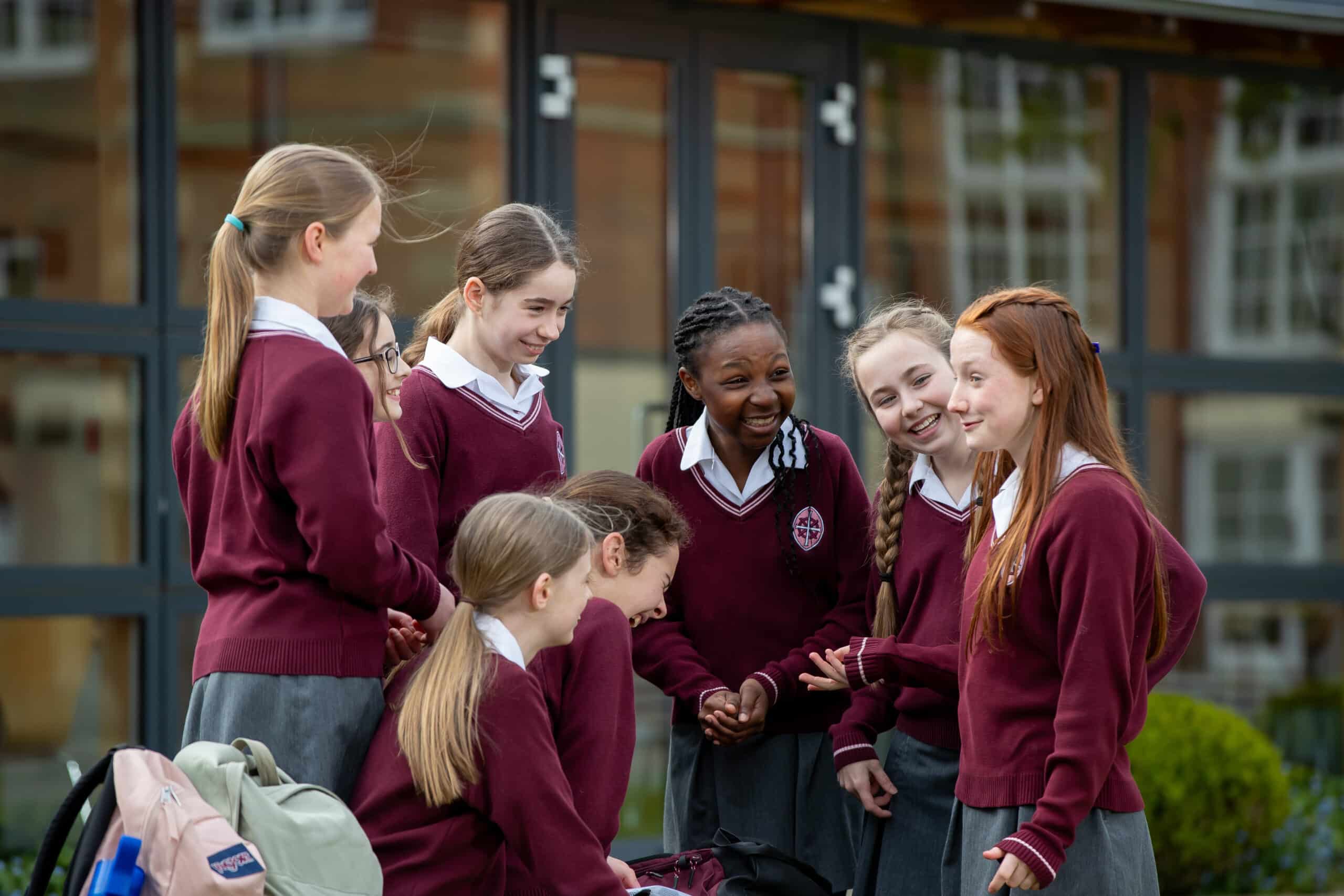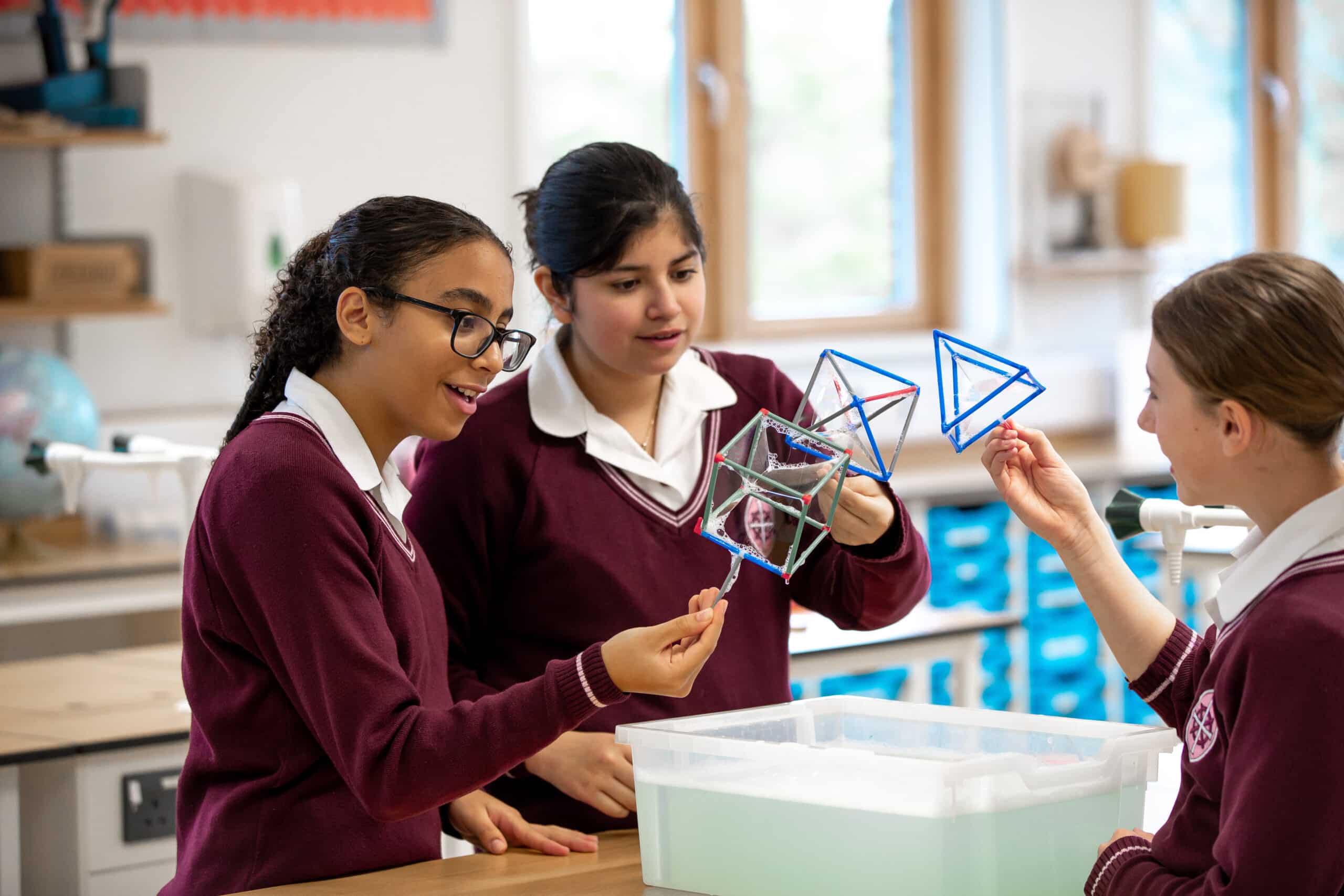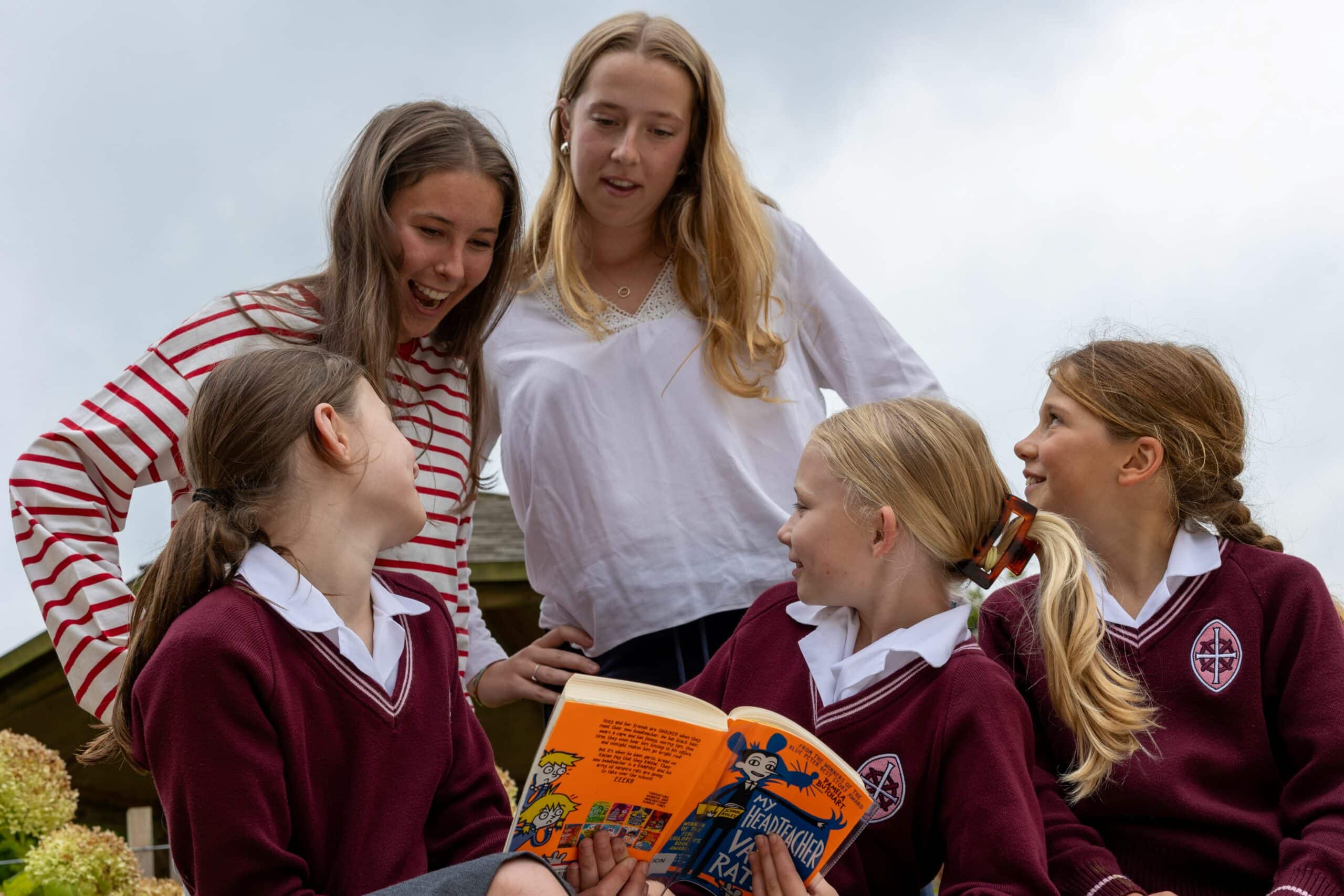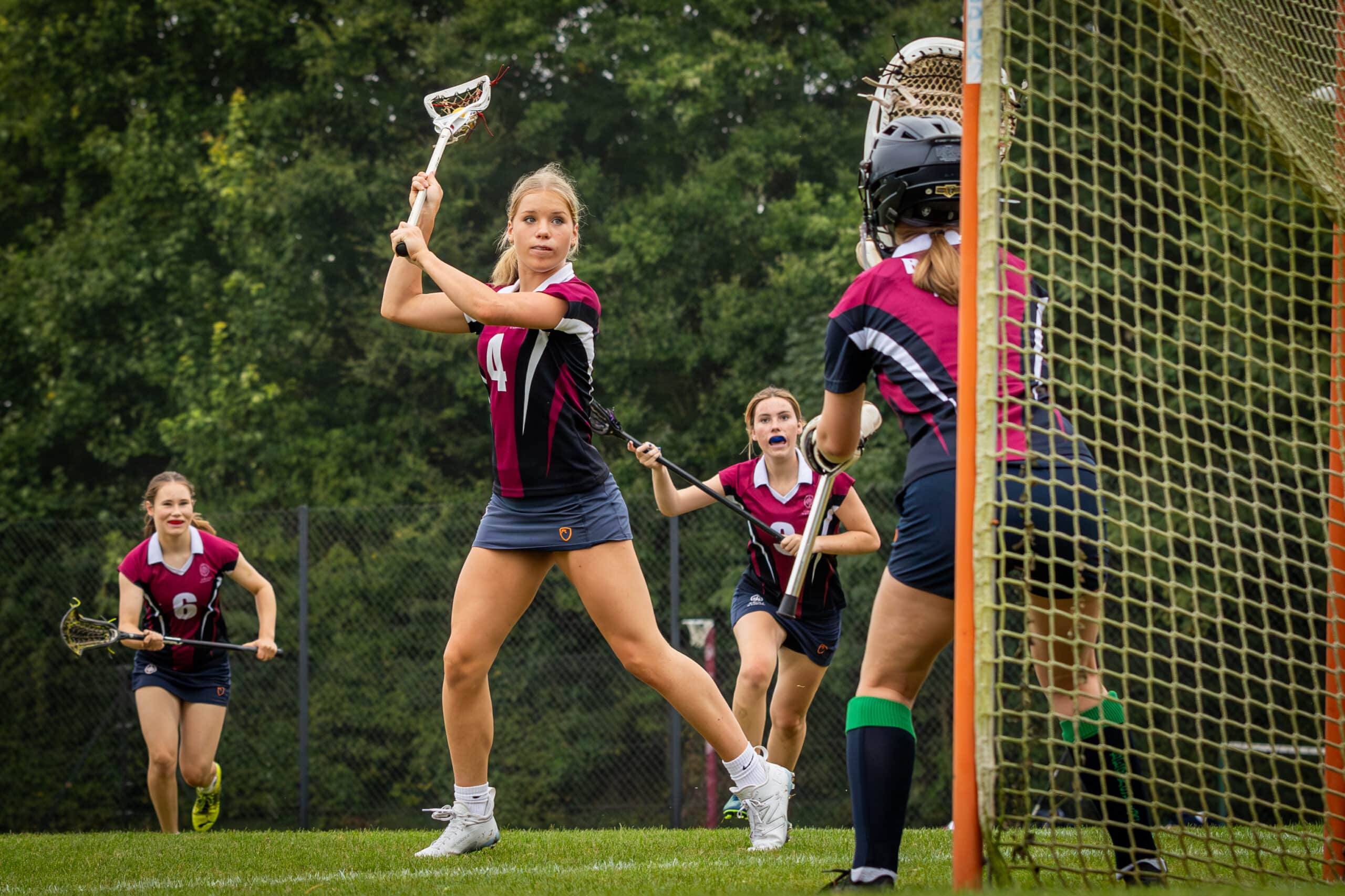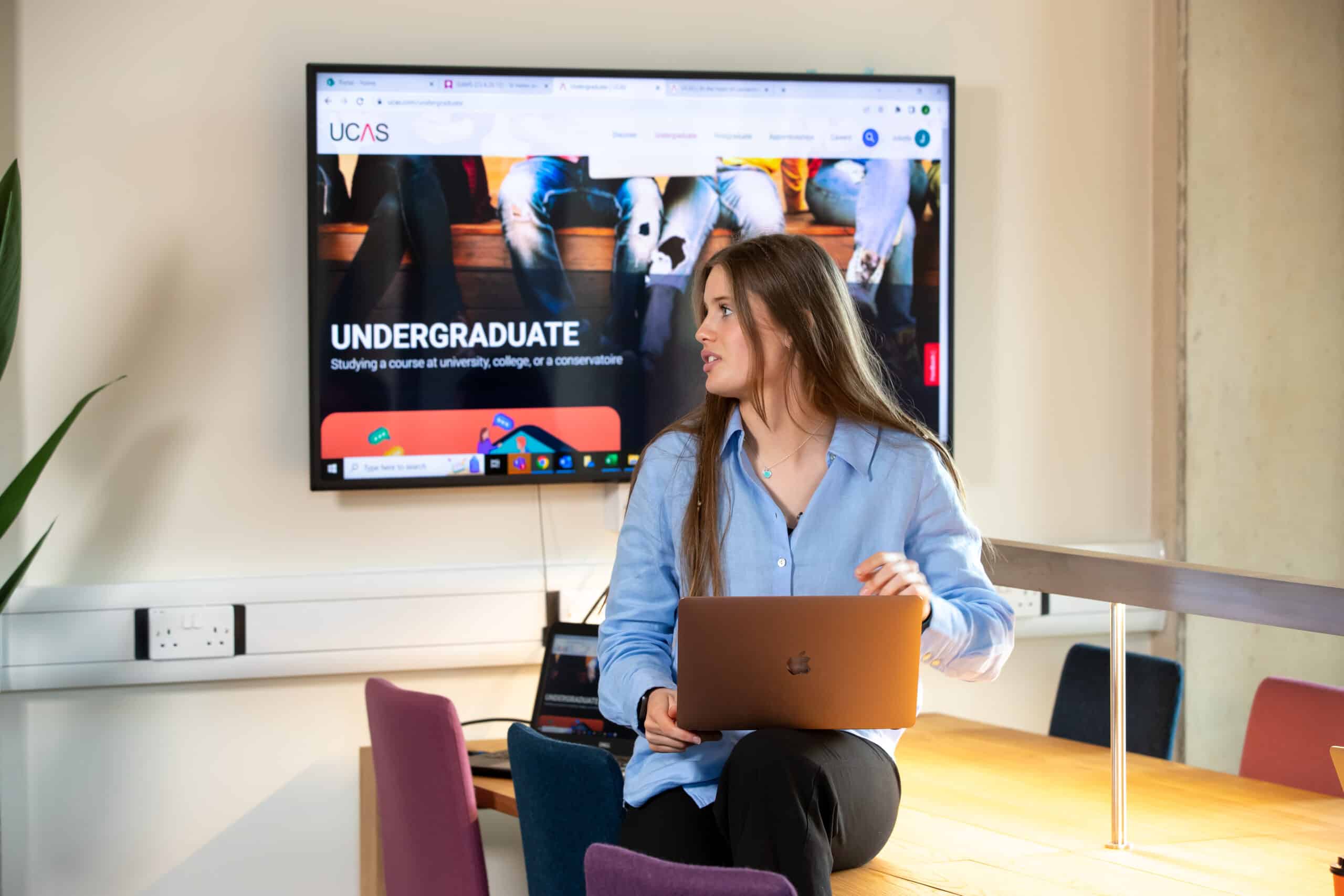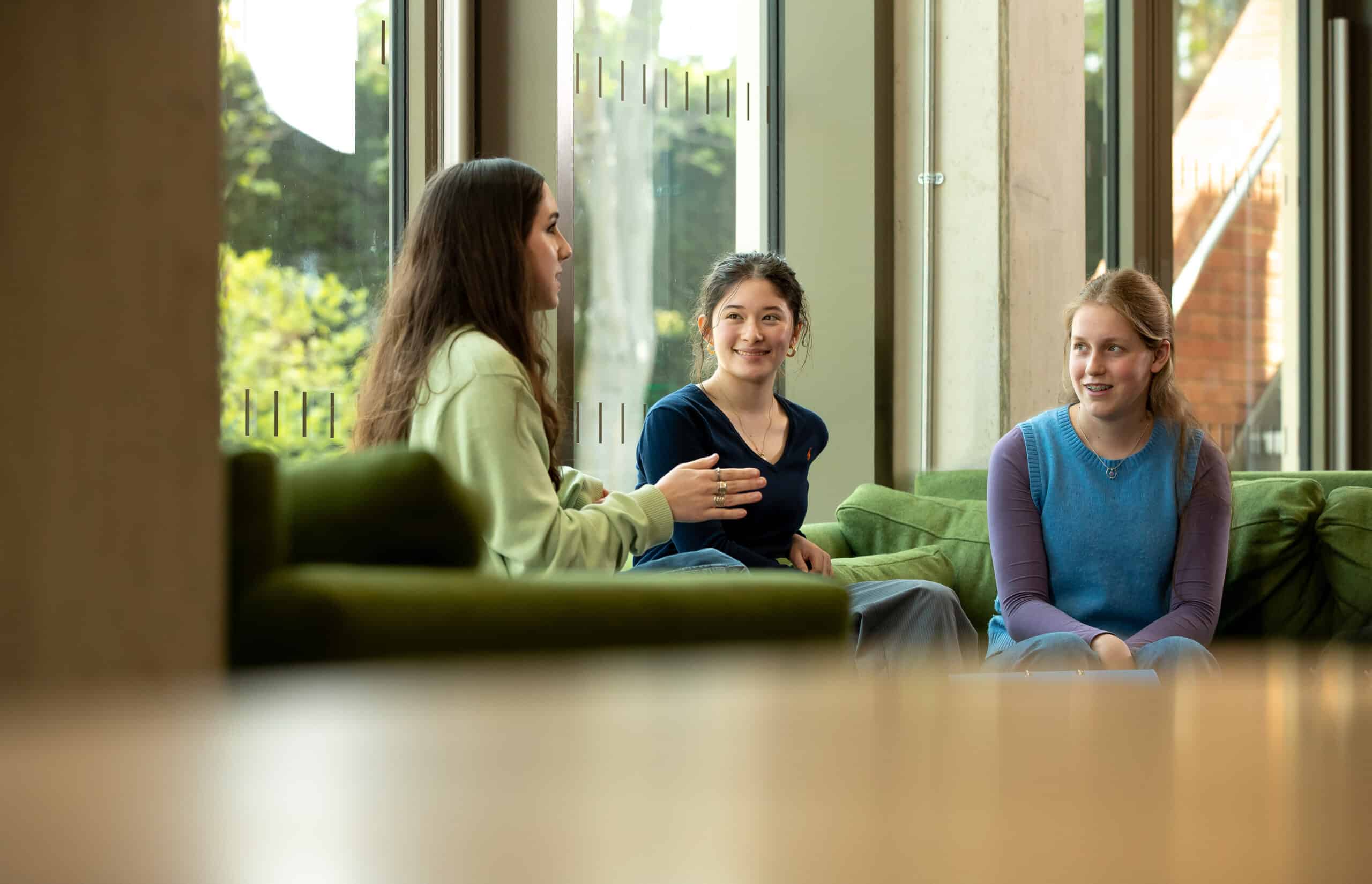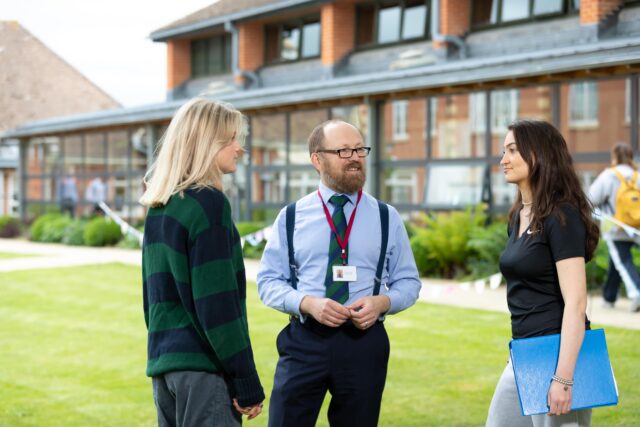A level Physical Education (PE) offers you the chance to explore a varied and fascinating subject, providing breadth and depth of study. The course allows you to enhance your critical and analytical skills as well as prepare for further study – whether PE or sports science courses, or other related subject areas such as psychology, sociology and biology.
Our facilities include a Sports Centre with national league-standard netball and badminton courts, basketball court, 3-lane cricket nets, a fitness suite, an ergo suite, a group cycling room and a gymnasium. Outdoors we have six netball and tennis courts, extensive sports fields, and three lacrosse pitches and a sports pavilion at nearby Church Farm. You will have your lessons in a dedicated PE classroom located in our outstanding Sports Centre.
Topics studied
Component 1: Physiological factors affecting performance – two-hour exam, 90 marks, 30% of A level
You will gain a deeper understanding of key systems in the body and how they react to changes in diet and exercise. You will also study the effects of force and motion on the body and how they can be used to our advantage. There are three topics:
- Applied anatomy and physiology
- Exercise physiology
- Biomechanics
Component 2: Psychological factors affecting performance – one-hour exam, 60 marks, 20% of A level
You will study the models and theories that affect learning and performance in physical activities, how different methods of training and feedback work and why their effectiveness differs from person to person. You will also explore the psychological factors that affect group dynamics and the effects of leadership and stress. There are two topics:
- Skill acquisition
- Sports psychology
Component 3: Socio-cultural issues in physical activity and sport – one-hour exam, 60 marks, 20% of A level
This component focuses on the social and cultural factors that have shaped sports over time, and their influences on physical activity. You will consider the impact of hosting a global sporting event such as the Olympic Games, and the influence of modern technology on both the performer and the spectator of contemporary sport. There are two topics:
- Sport and society
- Contemporary issues in physical activity and sport
Component 5: Performance in Physical Education – non-exam assessment, 15% of A level
You will be assessed in the role of either performer or coach in one practical activity. You will be required to demonstrate effective performance, the use of tactics or techniques and the ability to observe the rules and conventions under applied conditions.
- Performance or coaching in one sport
Component 6: Evaluating and analysing performance for improvement – non-exam assessment, 15% of A level
You will also be assessed in the Evaluation and Analysis of Performance for Improvement (EAPI). You will observe a live or recorded performance by a peer and provide an oral analysis and critical evaluation of your peer’s performance.
- Evaluation and Analysis of Performance for Improvement (EAPI) in a sport of your choice
To sufficiently fulfil component 5, it is strongly recommended that, as the minimum requirement, students studying A level PE should be training and competing in their selected sporting activity on a weekly basis for an external club. It is important to note that marks for the practical aspect are provided according to the level of performance (eg club, county, regional, national) and you are required to gather your own video footage to evidence this. The accepted range of activities is stipulated by the examination board and can be viewed in the OCR NEA guide.
100%
A*–B in A level PE in 2024
100%
A*–C in A level PE in 2024
Outstanding
sports facilities
Academic enrichment
A level students usually attend the annual GSA Girls Go Gold event in partnership with the Youth Sport Trust, or Sport in Her Shoes, which supports theory-based learning in world-class university facilities and highlights the opportunities available for further study in the field of sports science.
You will also have the opportunity to work with our Head of Athletic Development and Health to apply theory in practical situations and to improve your own physical performances.

